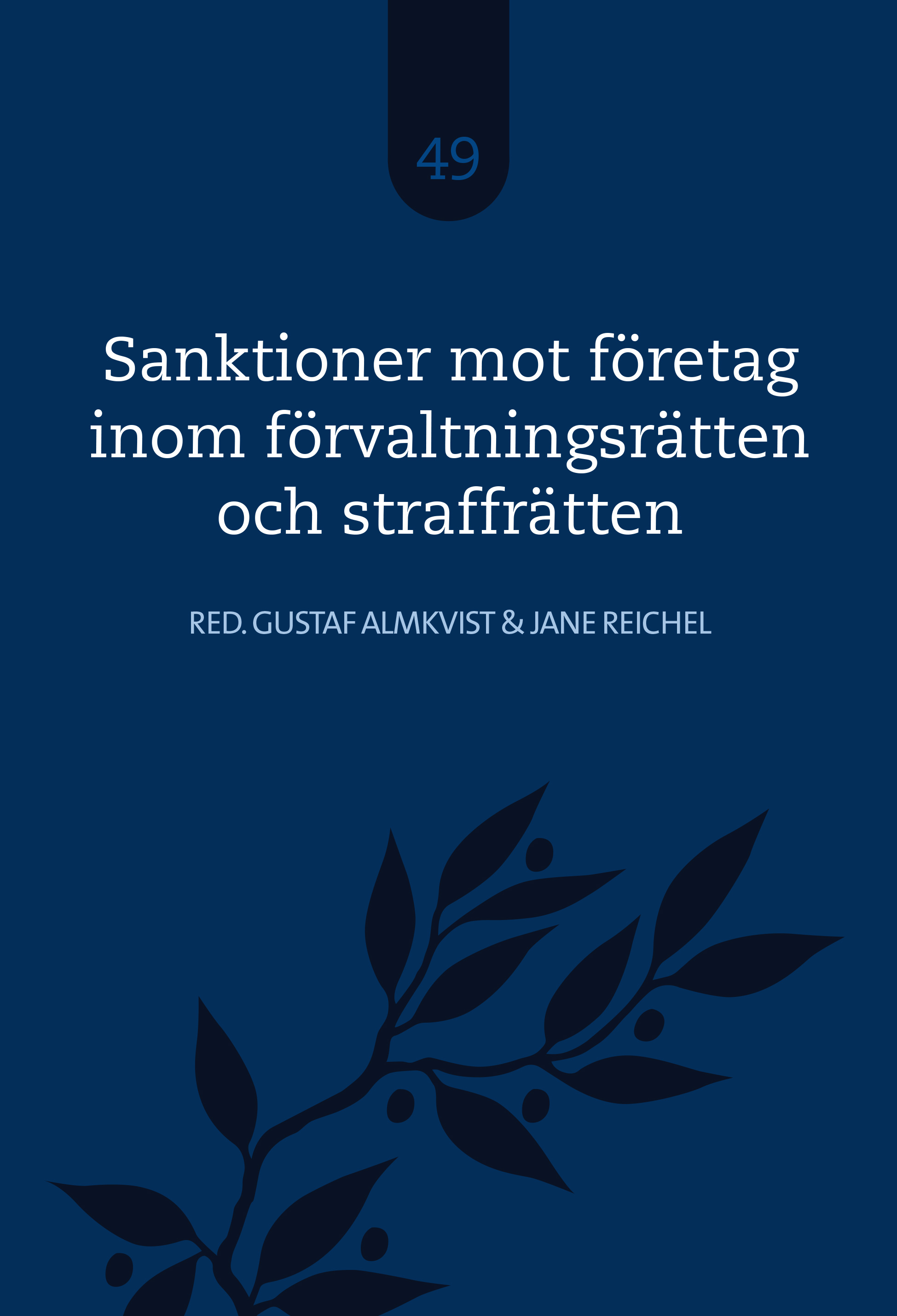
Om SCCL:s publicering
Forskare knutna till SCCL publicerar sina forskningsresultat i en stor mängd artiklar och forskningsrapporter. Ambitionen är att så mycket som möjligt av det som publiceras av dessa forskare samt av föredragshållare vid större seminarier och konferenser anordnade av SCCL också ska finnas tillgängligt i open access på SCCL (https://publications.sccl.se). Beroende på omständigheter och avtal med förlag kan dock detta komma att ske först en viss tid efter ursprunglig publicering.
Efter medgivande från skribenter och andra rättighetsinnehavare har vi initialt digitaliserat och gjort tillgängligt det mesta av det som publicerats i de böcker som SCCL givit ut sedan 2008. Detta omfattar idag över 300 artiklar författade av forskare knutna till SCCL. Efterhand kommer antalet digitalt tillgängliga artiklar att öka.
Sökfunktionen i menyn ovan gör det möjligt att söka artiklar såväl i fritext som efter författare eller efter den bok i vilken artikeln ursprungligen publicerades. På sidan ”Författare” finns en förteckning över samtliga författare till de artiklar som digitaliserats och på sidan ”Böcker” finns en förteckning över de böcker som digitaliserats.
Utöver digitalisering och tillgängliggörande av forskningsresultat på hemsidan kommer SCCL att fortsätta att ge ut böcker inom ramen för SCCL:s skriftserier. Denna omfattar dels SCCL:s årsbok, dels sammanställningar av bidrag till specifika konferenser och helt separata skrifter. I anslutning till skriftserien publicerar SCCL även festskrifter som har anknytning till SCCL.
SCCL har ett omfattande bibliotek i sina egna lokaler, vilket startades genom en donation av framlidne professorn Jan Hellner och genom övertagande av Institutet för bolags- och värdepappersrätts bibliotek. Biblioteket har därefter byggts ut genom diverse omfattande donationer.
Sedan 2024 ingår Axel Ax:son Johnsons institut för sjö- och annan transporträtt som en forskningsavdelning vid SCCL https://sccl.se/forskningsavdelningar/. Sjörättsinstitutet har dels ett omfattande fysiskt bibliotek som finns i SCCL:s lokaler, dels ett digitalt bibliotek som finns tillgängligt på institutets hemsida https://www.sjorattsbiblioteket.se/om-institutet
Senaste numret

För drygt 50 år sedan, år 1971, infördes sanktionen skattetillägg i Sverige. Det brukar betecknas som den första sanktionsavgiften i svensk rätt, och startskottet på en sanktionsväxling från straffansvar mot administrativa sanktioner. Vid samma tid diskuterades också om någon typ av straffrättslig sanktion mot företag borde införas, vilket blev verklighet 15 år senare, år 1986, då företagsboten kom till. Det är dock sedan millennieskiftet som sanktionerna mot företag verkligen har utvecklats och förändrats, med en allt mer betydande komplexitet och stora svårigheter att se en tydlig helhet. Utvecklingen drivs av skiftande intressen, som numera endast i mindre utsträckning handlar om att gå från straffrätt till förvaltningsrätt. Impulserna kommer ibland från svenskt håll, men ofta rör det sig om implementering av EU-rätt eller anpassningar av svensk lagstiftning till olika internationella åtaganden. Det kan handla om den ökade regleringen av finanssektorn i finanskrisens spår eller om den växande regelfloran gällande bekämpning av penningtvätt och finansiering av terrorism. Det kan också gälla om Sverige har ett tillfredsställande straffrättsligt ansvar för företag för korruption eller för överträdelser av miljöregelverk. Och mycket, mycket mer...
För forskningsavdelningen
Gustaf Almkvist och Jane Reichel
Avdelningsledamöter och redaktörer

